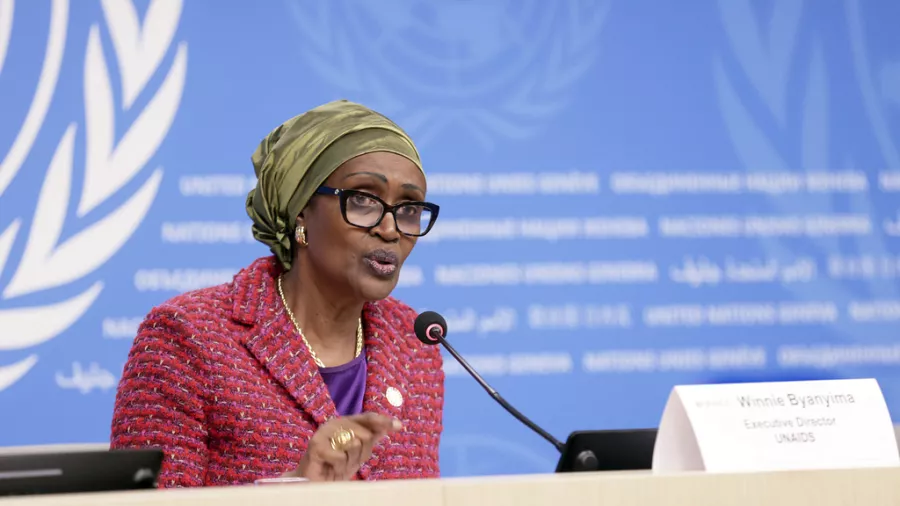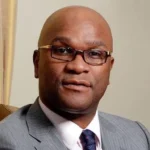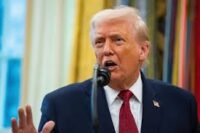Winnie Byanyima, the executive director of UNAIDS, has sounded an urgent warning to the United States, Europe, and other Western donors over what she describes as “rapid and abrupt” cuts in funding for AIDS programmes that threaten to reverse decades of hard-won progress in the global fight against HIV/AIDS. In a wide-ranging interview with FRANCE 24, Byanyima expressed both alarm at declining donor support and optimism that new medical breakthroughs could bring the world closer than ever to ending the epidemic.
Byanyima stressed that millions of vulnerable people, particularly in low-income African countries where infection rates remain highest, are at risk if international support continues to dwindle. She noted that although some AIDS programmes suspended under the Trump administration are slowly being reinstated, US funding remains inconsistent, while European donors and other partners have steadily reduced their commitments. These declines, she warned, could lead to “more new infections and more deaths” unless urgent action is taken.
“The end of this epidemic is in sight. We must not stop now,” Byanyima emphasized, adding that sustained investment in prevention, treatment, and care is critical to locking in the gains achieved over the last two decades. She highlighted the central role of the US-led PEPFAR initiative and the Global Fund to Fight AIDS, Tuberculosis and Malaria, describing them as “lifelines” for communities in Africa and other regions hit hardest by the disease.
Despite the financial challenges, Byanyima also pointed to groundbreaking scientific progress as a reason for hope. One of the most promising advances is lenacapavir, a long-acting injectable administered twice a year that has shown a remarkable ability to reduce the risk of HIV transmission by more than 99.9 percent. She described it as a potential “game-changer” in HIV prevention, especially for populations in sub-Saharan Africa where access to daily medication remains difficult.
“If we can get this to the low-income countries of Africa where the new infections are high, we could cut new infections dramatically and come close to ending this disease,” she said, calling for urgent measures to ensure that cost and access do not create barriers for those who need the drug most.
Global health experts have long argued that scientific breakthroughs alone cannot end the epidemic without the political will and financial commitment of wealthy nations. Byanyima’s warning comes at a pivotal moment, as the international community weighs competing priorities amid economic slowdowns and rising geopolitical tensions.
Her message is clear: while the world stands closer than ever to eradicating HIV/AIDS, retreating from funding responsibilities now could undo years of progress and condemn millions to unnecessary suffering. “We are seeing the end in sight,” Byanyima said. “Don’t stop now.”














Leave a comment